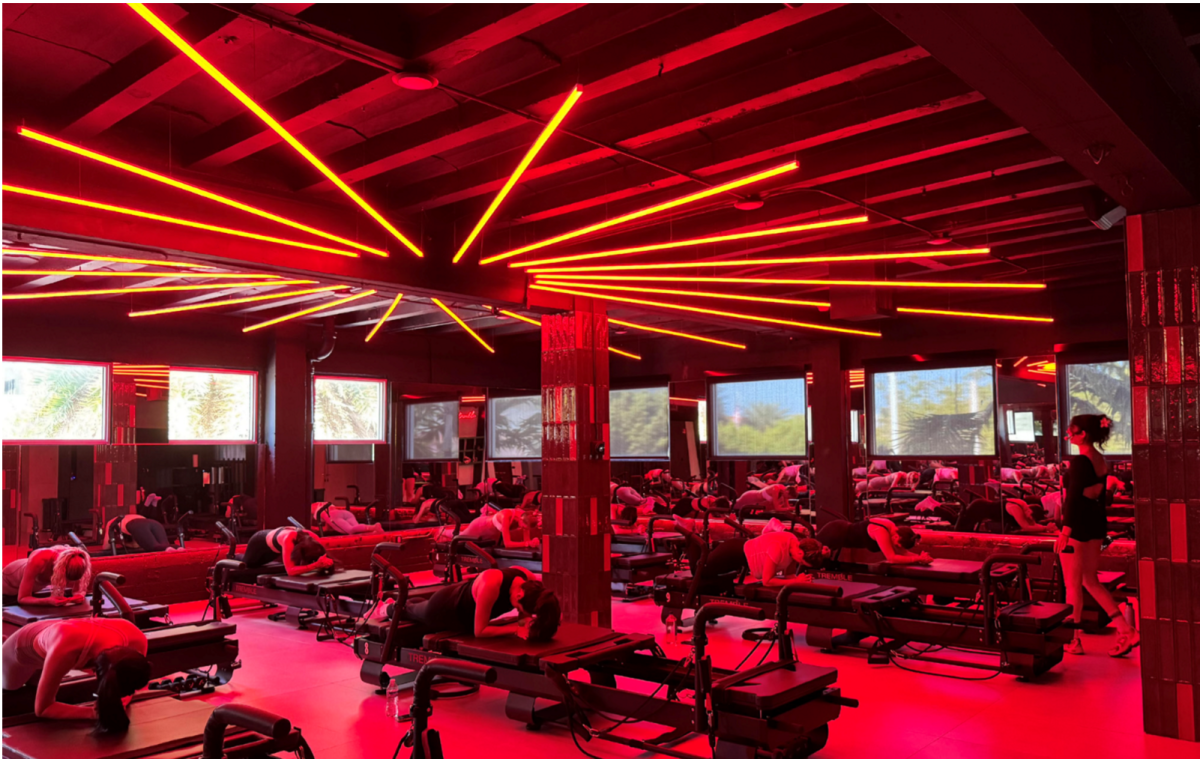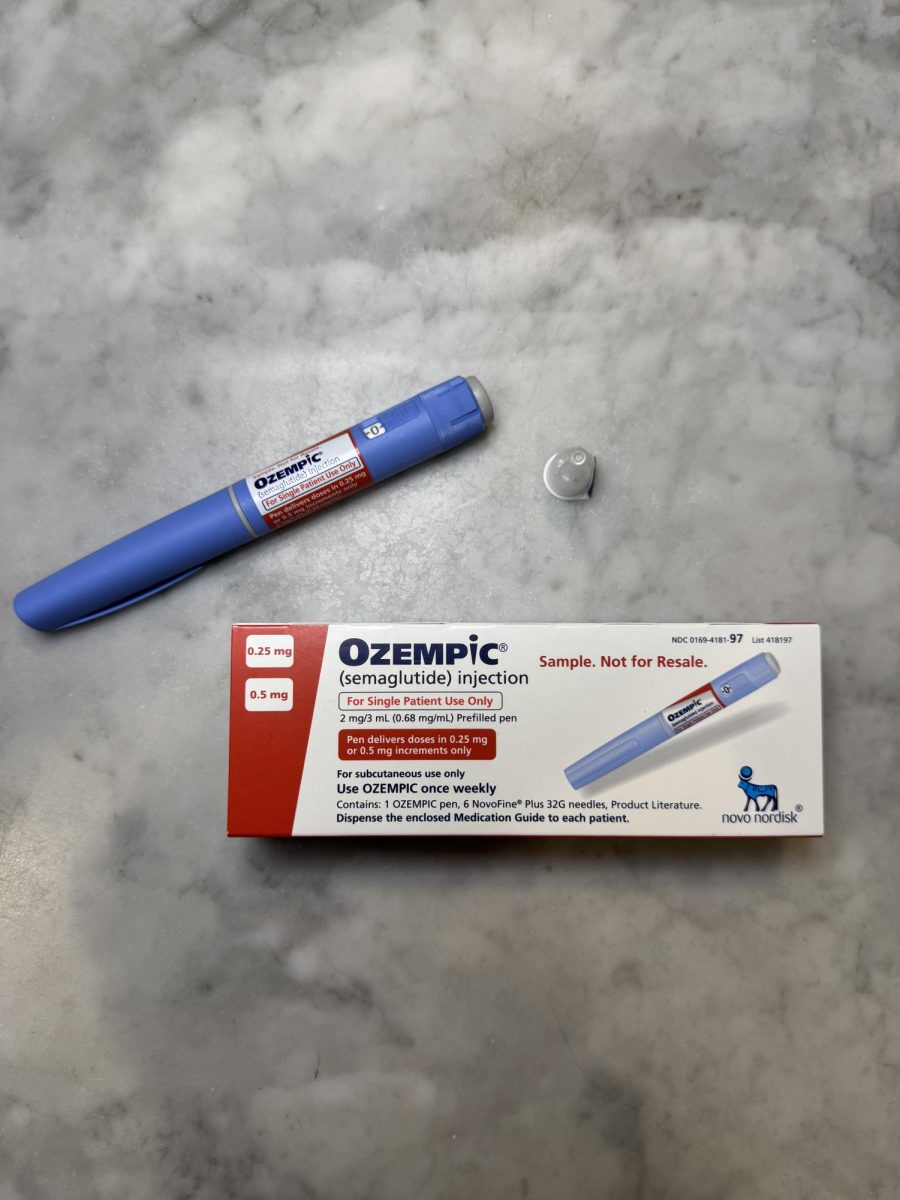On Thursday, May 2, at 12:28am, Hank Sanchez-Resnik sent out an email that had been four years in the making. Its subject line: “I’m on my way to sort-of retirement.” Four years ago, this sentence would have sounded foreign to Resnik, the “editor-publisher-writer-designer-publicist-board chairman-gopher” of the Coconut Grove Spotlight, Coconut Grove’s weekly newsletter.
After over 60 years working as a journalist, and after four years being, for all intents and purposes, Coconut Grove’s only full-time local reporter, Resnik, 84, is finally hanging up his hat.
Sanchez started his career as a journalist after graduating from Yale University in 1962 with a degree in English and an MA in education. He briefly taught high school English before becoming a freelance writer in New York City for several major publications, such as The Atlantic, The New York Times, and Vogue. In 1970, he wrote a book about the broken Philadelphia school system called “Turning on the System” and spent a portion of his career covering educational policies in the city. He reflected on an article he wrote for The Village Voice, the Greenwich Village newspaper, about the head of the teacher’s union. He spent a month writing and researching; he got paid $150.
“It was never my goal to be rich,” he said. “But it wasn’t to be poor either.” Looking for a change, he moved to California, where he took on an editorial position at The Saturday Review, a weekly literature magazine. He and his wife spent the next few decades venturing everywhere from San Francisco to Chicago to Rome, Italy, all while he maintained an active career working as an editor for various magazines and newspapers.
And then, in 2005, Resnik and his wife moved to Miami. “It was kind of an experiment,” he said. “I thought we might just be here for the season, but it didn’t turn out that way.”
They started out in Key Biscayne before buying a home in Coconut Grove. Resnik joined the Village Council, and eventually volunteered to start The Coconut Grove Spotlight after the previous local paper, The Coconut Grove Grapevine, shut down. The newsletter became independent from the council in November of that year, and it has been a Florida nonprofit organization ever since.
“It doesn’t really raise money, and it certainly doesn’t pay anybody. There’s no budget, really,” Resnik laughed. “It’s really been all volunteer ever since.”
The weekly e-newsletter is targeted at the 21,000 residents of Coconut Grove, often called “Grovites,” and an additional 100,000 who live in neighboring areas, such as The Roads, Coral Gables, and Brickell.
In the five years under Resnik’s leadership, the Spotlight usually came out between Wednesday and Friday, and by Monday, he was already thinking about what the lead story would be for the next issue. “My week is built around the rhythm of whenever I hit ‘send’ and it’s published,” said Resnik.
The structure of the Spotlight varied, sometimes including longer feature stories, while other times mostly consisting of calendar updates, pictures, and videos. “People don’t like to read things overly long, so I aim for 750 words max,” he said. It would take two to three days for Resnik to write the lead story, which he spent interviewing sources, doing research online, and drafting.
As an essentially solo operation run by one particularly passionate volunteer, the case of the Coconut Grove Spotlight reflects other trends in local journalism over the last few decades. Since 2005, the country has lost more than a quarter of its newspapers and is on track to lose a third by 2025. More than half of US counties—many of them in high poverty areas with large populations of Black, Hispanic, or Native American residents—have either no or limited access to local journalism. These communities are called “news deserts,” and are especially vulnerable to declines in voter participation and increased government and corporate corruption.
Meanwhile, local news networks are losing a battle to the digital world, print revenues are plummeting, and many communities don’t have the resources or expertise to create digital outlets, forcing their members to get their news from outside sources, such as on social media. This shift has caused people to consume much more national news than news from their own community—as well as more misinformation and disinformation.
Miami is not exactly a “news desert.” The city receives a fair amount of news coverage, most notably from the Miami Herald, a print and online newspaper that covers Miami-Dade, Broward, and Monroe counties. Like many papers of similar size throughout the country, however, the Herald has faced its own cuts in recent years, as readership continues to decline and as its parent company, the hedge fund Chatham Capital, seeks to maximize profits—ultimately at the expense of local journalism.
Compared to the Herald, the Spotlight is smaller in viewership, span of coverage, and certainly funding, but Resnik believes this makes the Spotlight all the more necessary. “The Herald doesn’t dedicate their time to Coconut Grove the way I do,” said Resnik. He recalled several times when The Spotlight announced stories before the Herald. “In journalism terms, we call that scooping. I love scooping the Miami Herald!”
But even though Resnik enjoyed the work, it didn’t take him long to realize that this initiative was more than he could handle. “Some weeks are more demanding than others, and it doesn’t leave me a lot of time for other things, and that’s frustrating.”
While he ran the Spotlight, Resnik would occasionally receive help from freelancers, including students from a journalism class at FIU and even some Ransom Everglades interns. One recent issue of the Spotlight included a story from Alessandro D’Amico, a former politician who ran for the Florida House of Representatives. For the most part, though, Resnik did it himself—alongside his work for four other nonprofits that focus on bicycle and walking safety, including Friends of the Commodore Trail, a nonprofit that dedicated to the preservation of The Commodore Trail, Coconut Grove’s historic five-mile trail that stretches from Alice Wainwright Park to Cartagena Circle.
Resnik acknowledged a weakness in his ability to turn down work. “I work really hard, and I generally love the work I do. It keeps me going…but I border on being a workaholic.” Until he gave up the Spotlight, his reality was that most of the time, any given week in Coconut Grove’s documentation was solely dependent on his ability to write a story. “If I didn’t get some help, it was going to bury me. I needed my life back.”
Recently, a group of local journalists and community leaders, including Resnik, came together to form the Miami News Trust, a nonprofit organization “committed to addressing the crisis of local news that plagues our country.” On April 30, The Miami News Trust officially launched the new Coconut Grove Spotlight. The revamped website features new branding, a full page of articles with multiple contributors (not just Resnik), and advertisements. The website is still available to be accessed at no cost to the reader, keeping with Resnik’s intent to maintain accessibility for the entire community.
For now, at least, Resnik can walk away from the Spotlight in peace, knowing that a like-minded team will continue his mission of bringing local journalism to the Grove.
“I thought it was really important for the benefit of Coconut Grove. It is really important to have a reliable news outlet,” he said.







